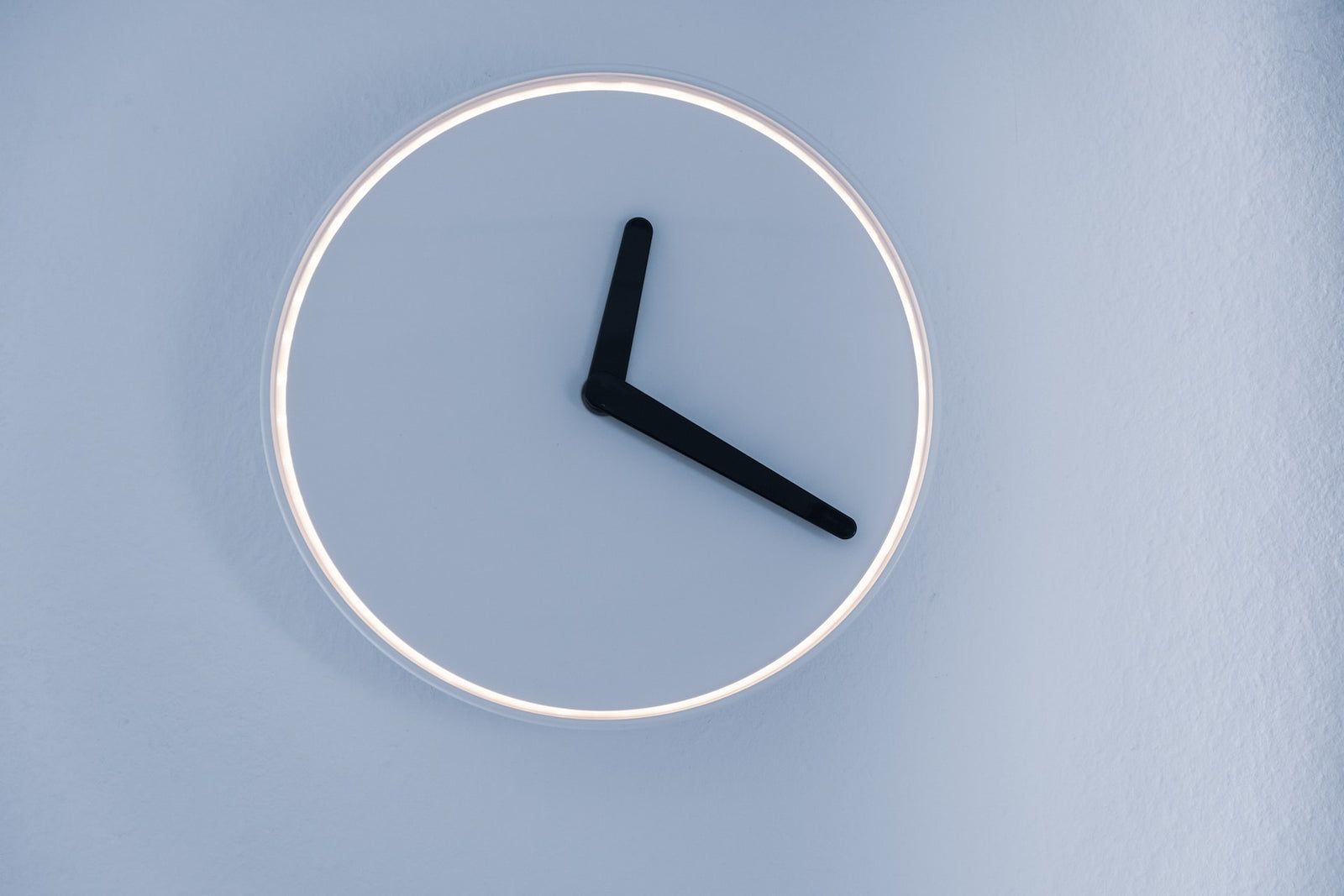Postponing your period – how do I do it?

Sometimes your period comes when it's just not that convenient - periods don't really take good timing into account. You may want to postpone your period to avoid bleeding at a certain time.
If you are a healthy person in general, it is perfectly safe to delay your period. You can skip your period with the help of contraceptives or norethisterone. Consult your nearest health centre to find out what works for you.
Postponing menstruation with contraceptives
The menstrual cycle is controlled by hormones and can therefore be affected by contraceptives containing one or more hormones. Here we look at some of the contraceptives you can use to delay your period.
Postpone your period with birth control pills
When you are on birth control, you can choose whether you want to have your period every month, skip it temporarily or not have it at all. It is the sugar pills in the contraceptive tablet that make you have your period when you take the pill. By not taking your sugar pills, and instead starting straight away on a new card of pills, you can stop your period. If you want to have your period, take the sugar pill the next time you are on the pill chart.
If you are completely new to the pill, it is a good idea to take the pill as usual, i.e. follow the pill chart, for two to three months before you start delaying your period. This is because if you are new to the pill and start postponing your period straight away, you may start to bleed. It's not dangerous, but the aim is to have no bleeding at all.
Postpone your period with a contraceptive ring
As with the pill, you can delay your period with a contraceptive ring. When you have a contraceptive ring, you keep it in for three weeks and then let your period come before inserting the new one. To delay your period with a contraceptive ring, you can simply insert a new ring immediately after you take the old one out (after three weeks) and insert a new one. This way, you can delay your period temporarily or completely. If you want to have your period, you can take the ring out after three weeks and let it come as usual.
Postponing your period this way is perfectly safe. However, as with the contraceptive pill, it is a good idea to use the contraceptive ring for two to three months before you start delaying your period. The body needs time to get used to the hormones oestrogen and progestin that the ring contains. It is for the same reason that you may experience intermenstrual or irregular bleeding if you start to delay your period when you are new to the contraceptive ring.
Delaying your period with a contraceptive patch
The patch is a contraceptive you put on your skin yourself and leave on for seven days. After seven days, you change the patch. After three weeks with the patch, you can go without for a week if you want to get your period. To delay your period with a contraceptive patch, you keep putting on new patches every seven days, without taking a break after three weeks. If you are new to the contraceptive patch, you should first use the patch for two to three months as usual, as with the contraceptive ring and the pill.
You can contact a health care professional to start using contraception.
Delaying your period with norethisterone
Norethisterone, or progestin, works well if you want to delay your period temporarily. It is naturally present in the body and is important for the menstrual cycle. In order to delay your period, you must start taking it at least three days before your expected period. This means that you cannot stop a period that has already started. Once you have stopped taking it, your period will return after two to three days. This means that the hormone is a temporary way of postponing your menstruation since it comes back when you stop taking the preparation.
When you take the preparation, you may experience side effects such as tension in your breasts and PMS-like symptoms. You cannot take norethisterone if you are using a hormonal contraceptive such as the pill, IUD, contraceptive patch or contraceptive implant. It does not protect against pregnancy, and you should not take it for more than 14 days in a row. Remember to consult your doctor before taking the hormone.
If you want to postpone your period or get contraception, talk to your nearest health clinic.




 EUR
EUR



Leave a comment